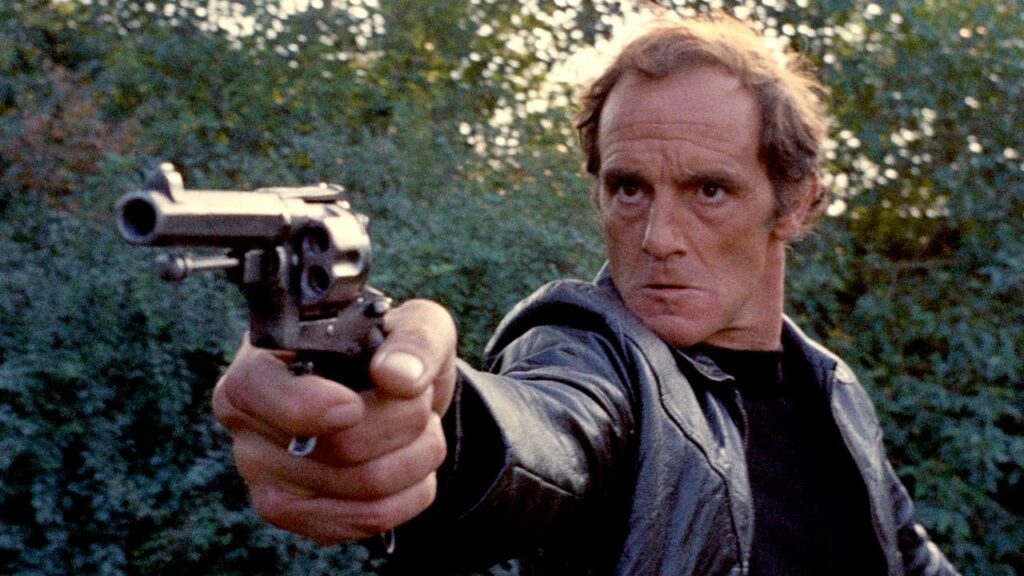A Gritty Dive into the Underbelly of Italian Cinema
Italian cinema has a rich history of producing iconic films that have left an indelible mark on the world of cinema. Among them, “Milano Calibro Nove,” also known as “Caliber 9,” stands as a gritty and uncompromising masterpiece in the crime genre. Directed by Fernando Di Leo and released in 1972, this film is a testament to the dark and violent world of Italian crime cinema, and it delves deep into several core themes that continue to captivate audiences to this day.
The Plot: A Web of Deceit and Betrayal
At its core, “Milano Calibro Nove” tells the story of Ugo Piazza, a recently released convict played brilliantly by Gastone Moschin. Ugo is eager to turn his life around and break free from his criminal past. However, his plans are thwarted when he becomes ensnared in a complex web of deception and betrayal.
The narrative centers on Ugo’s mission to recover a suitcase filled with stolen money, entrusted to him by his former boss, “The Americano” (played by Lionel Stander). This journey forces Ugo to confront a treacherous criminal underworld, corrupt police officers, and shifting allegiances, all while struggling to clear his name and regain control of his life.
Themes Explored:
“Milano Calibro Nove” delves deep into several key themes that have resonated with audiences over the years:
- Crime and Redemption: The film explores the possibility of redemption in a world consumed by crime. Ugo’s desire to break free from his criminal past highlights the human yearning for a second chance, even in the darkest of circumstances.
- Betrayal and Loyalty: Loyalty is a precious commodity in the criminal underworld depicted in the film. Betrayals among friends and associates are frequent, shedding light on the fragility of trust in a world driven by self-interest.
- Violence and Desperation: The movie doesn’t shy away from portraying the brutal reality of violence and desperation that permeate the criminal milieu. It offers a stark and unfiltered look at the harsh consequences of a life of crime.
- Moral Ambiguity: “Milano Calibro Nove” presents morally complex characters, blurring the lines between right and wrong. Viewers are left to ponder the ethical dilemmas faced by individuals in a world where survival often means making morally ambiguous choices.
- Existentialism: Ugo’s journey raises questions about the meaning of life and existence. As he navigates a world filled with danger and deception, he grapples with the existential dilemma of finding purpose and meaning amid chaos.
Legacy:
“Milano Calibro Nove” holds a special place in the pantheon of Italian crime cinema. Its unflinching portrayal of the criminal underworld, morally ambiguous characters, and exploration of universal themes have left an enduring legacy. The film’s influence can be seen in subsequent crime films, both in Italy and internationally, that draw inspiration from its dark and gripping narrative.
In conclusion, “Milano Calibro Nove” remains a cinematic gem that continues to captivate audiences with its exploration of crime, redemption, betrayal, and moral ambiguity. It stands as a testament to the power of Italian cinema to delve into the depths of the human experience, even in the bleakest of settings.
To watch the film visit MovieItalyPlus
Read all our articles here!






